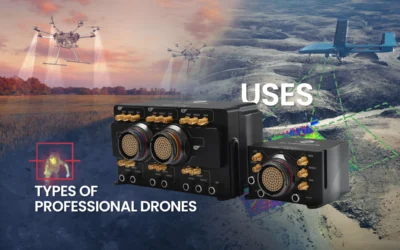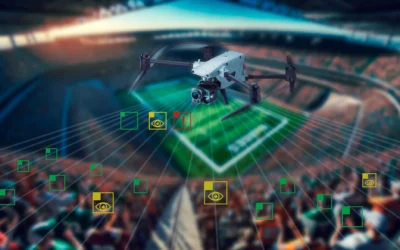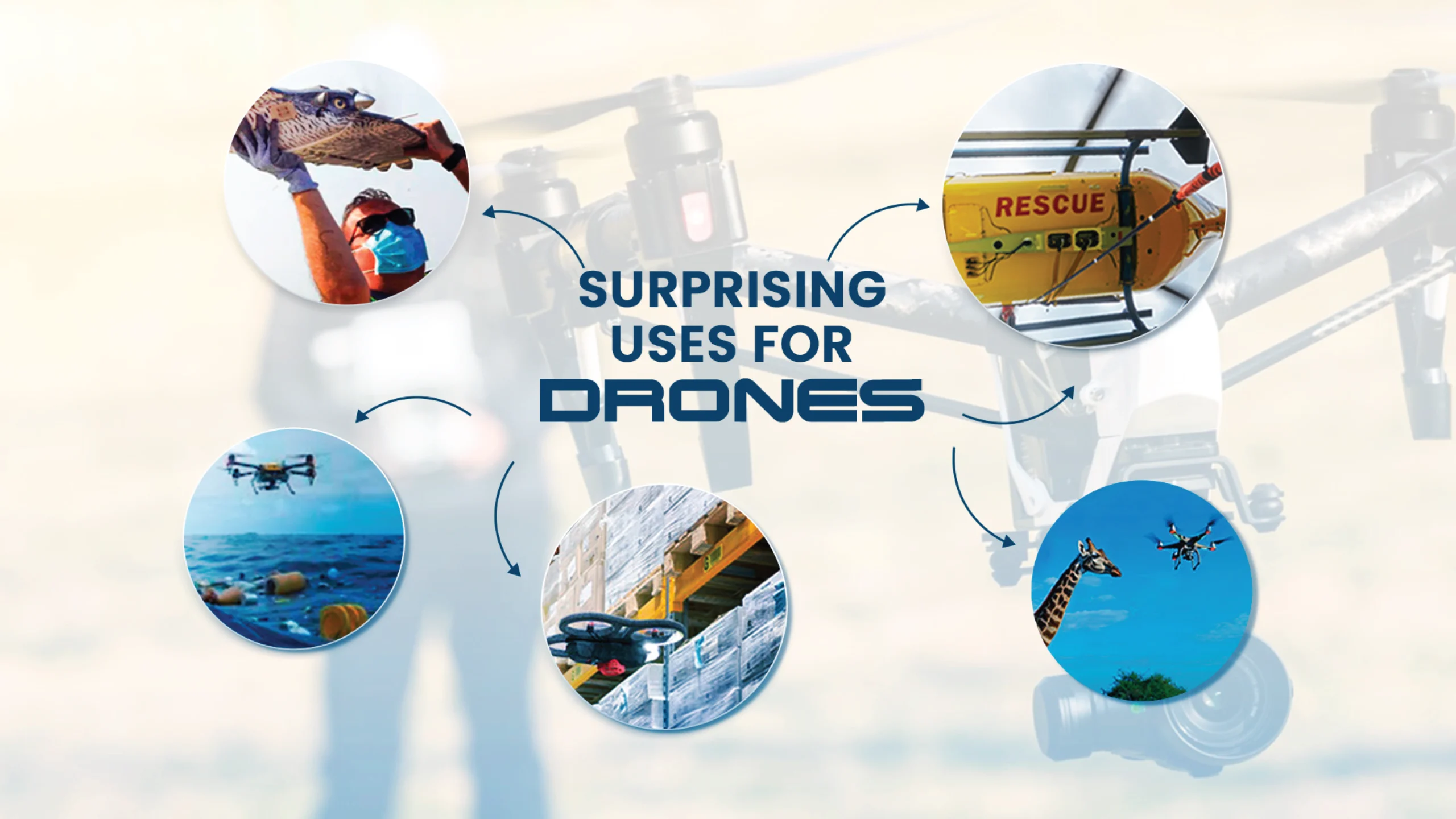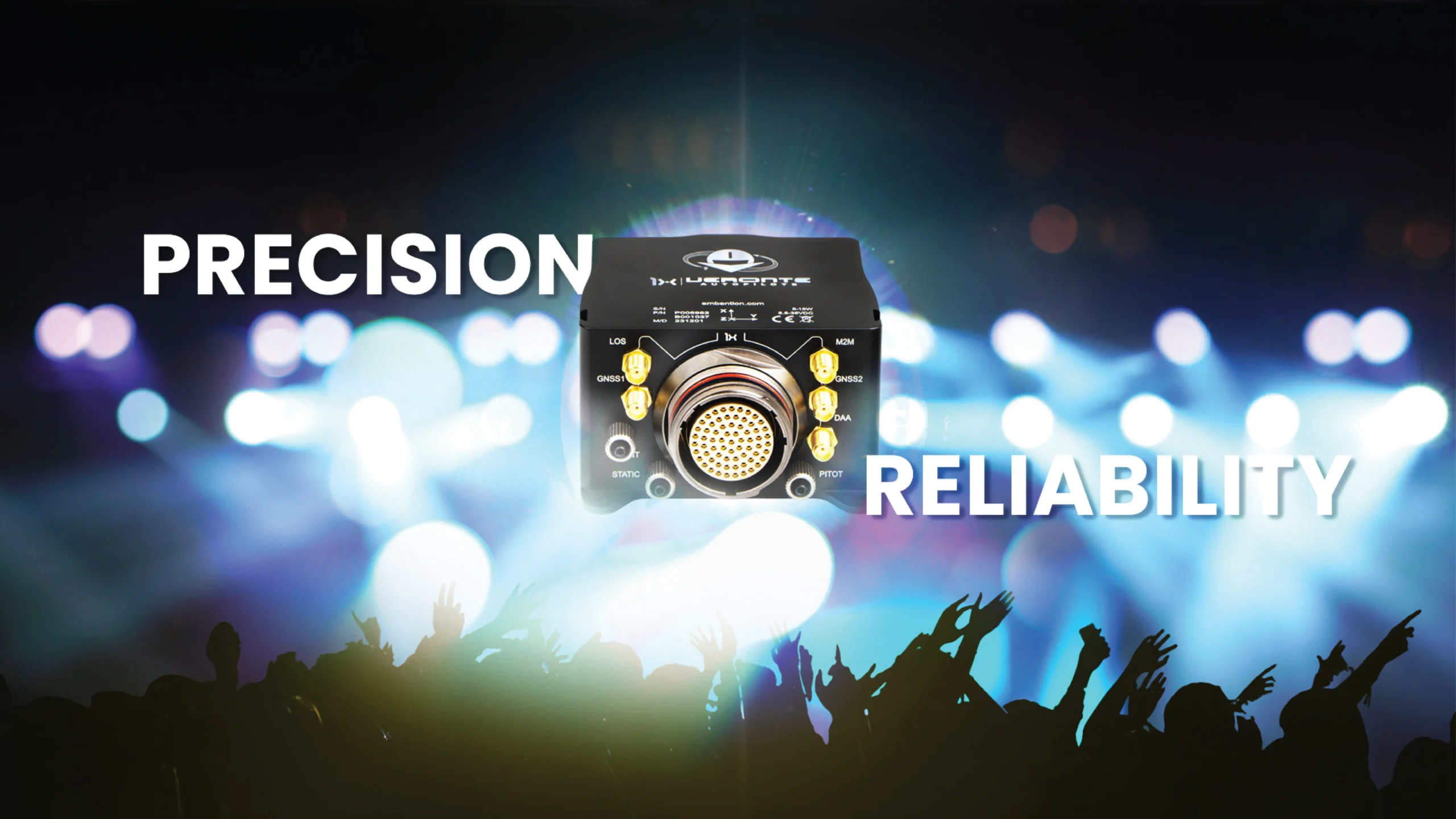Solar UAVs, also known as solar drones, represent an unprecedented innovation in unmanned aerial vehicle technology. These autonomous vehicles are powered by solar energy, giving them the unique ability to fly for long periods of time without recharging their batteries. This feature makes them ideal tools for a wide range of applications, from environmental monitoring and infrastructure surveillance to search and rescue operations.
Advantages of solar UAVs in long-endurance missions
One of the main advantages of these types of solar drones is their ability to perform long-endurance missions, unlike other types of drones which have a more limited flight time due to battery life. Solar drones can stay in the air indefinitely or fly for days, weeks or even months as they do not need to land to recharge.
Another advantage of solar drones is their reduced environmental impact, as they emit no polluting gases and require no fuel to operate. They are an ideal tool for environmental monitoring, studying the crops in an area, surveying a terrain, analysing the spread of a fire or even studying the migrations of a school of fish.
Moreover, as they do not require any kind of fuel, they are more economical over time compared to other more traditional drones. This makes them ideal for surveillance missions, infrastructure monitoring and even search and rescue.
The importance of reliability in solar UAVs
Reliability is fundamental to the design and operation of solar UAVs, especially when it comes to critical missions. Flight control systems such as the Veronte Autopilot 1x and Veronte Autopilot 4x provide exceptional precision and stability, ensuring optimal performance even in adverse conditions. This reliability increases the operational efficiency of solar drones, allowing them to fly for long periods of time with minimal human intervention and maximising their ability to successfully complete a wide variety of tasks. Together, these characteristics make solar UAVs an attractive and cost-effective option for a wide range of drone applications.
In summary, solar UAVs are an innovative and promising technology that offers a number of advantages over conventional drones. Thanks to the reliability that the Veronte Autopilot 1x and Veronte Autopilot 4x offer to solar drone manufacturers, they can fly for longer periods of time, reducing their environmental impact and increasing their profitability over time.















